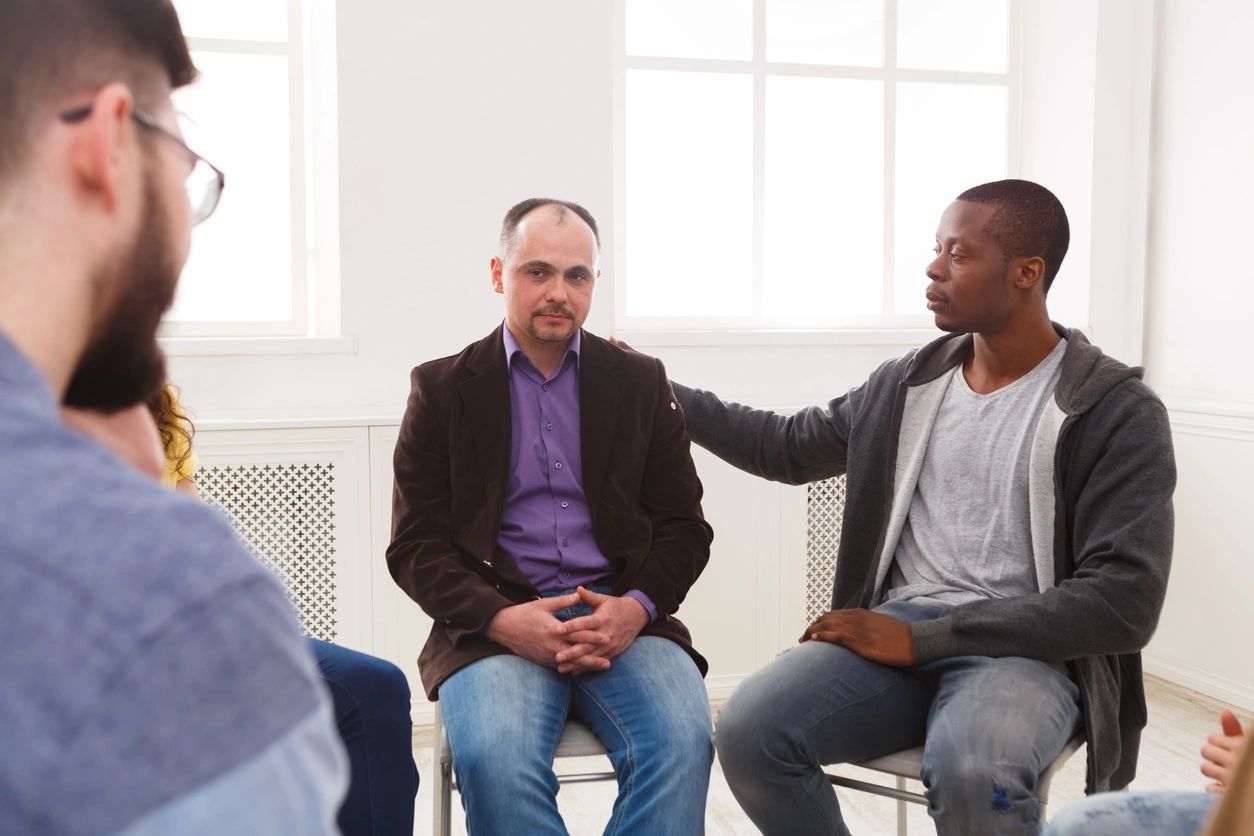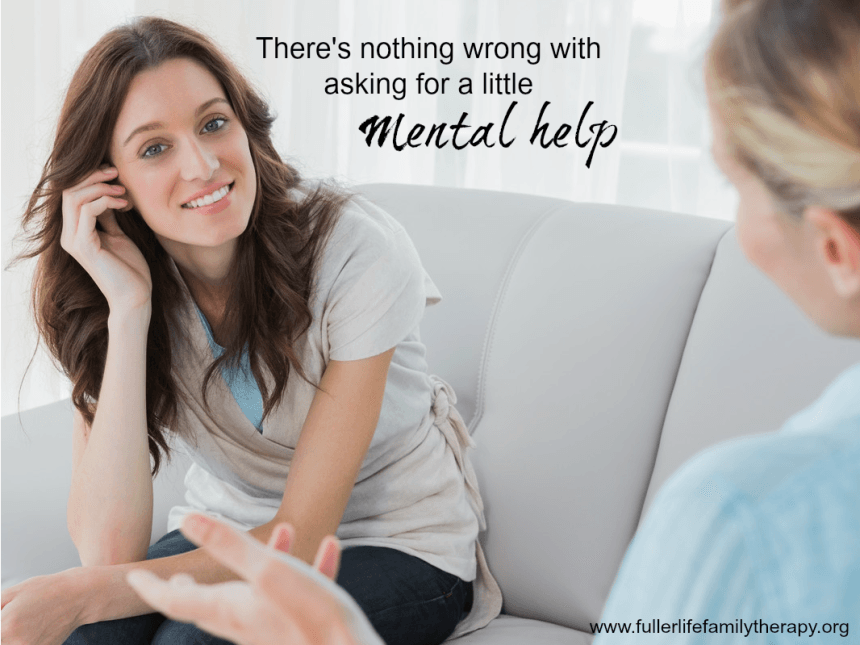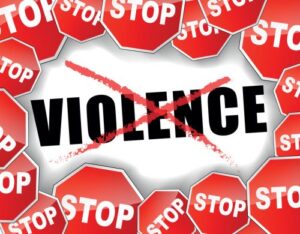There’s nothing wrong with asking for a little (mental) help
In our culture, when a person has the flu, they go to their doctor. When it is time for a teeth cleaning or when there is a toothache, one goes to their dentist. Many have a go-to mechanic for car trouble. When the refrigerator is empty, people go to their usual grocery store. For these common, anticipated problems people generally know where they will go to get them resolved and have confidence they will be successful. But to whom does one turn when faced with a mental health or relationship challenge?
It is much more uncommon for someone to have identified their mental health professional or relationship therapist. According to the National Institute of Mental Health (NIMH):
- 18.6% of American adults experienced a mental illness in 2012, or 43.7 million people.
- Approximately 16.5% of American adults will experience major depressive disorder in their lifetime;
- 28.8% will experience an anxiety disorder.
The reality is experiencing mental health difficulty is a common experience of life. Depression is sometimes referred to as being the common cold of mental health, yet for some reason many do not seek help.
- Only 21.3% of those with major depressive disorder are receiving minimally adequate treatment;
- the figure drops to only 14.3% for those dealing with an anxiety disorder.
Mental health aside, what parent has not lamented that children don’t come along with user’s manuals? Who in a committed relationship has not at times experienced real testing of that commitment? Despite common beliefs about what a marriage is “supposed” to be like, entering a period of disillusionment is a normal, to-be-expected phase of long-term relationships. But there is no need to suffer through these experiences alone. There is no shame in asking for a listening ear and a helping hand.
Here are a few action steps you can take today:
PREPARE for the possibility that you or a loved one may one day be in a position to benefit from reaching out to a mental health professional.
RESEARCH mental health professionals in your area.
MEET a mental health professional for a free consultation if available.
IDENTIFY a professional that you feel comfortable turning to if a need ever arises in the future.
ASK a friend or family member if they have ever experienced a mental health challenge or gone to therapy. Is there someone they might recommend?
SHARE with others a positive experience you have had seeking help for a mental health challenge – perhaps on Facebook or Twitter. Normalizing help-seeking may encourage someone to reach out for help in their own challenge.
REMOVE a mindset of shame. One does not have to be “crazy” to seek out mental health help.
DECIDE not to try to cope alone.
SCHEDULE an annual checkup for your relationship or psychological health.
Here are a few other articles offering tips on finding a mental health provider:
WebMD – “Tips for Finding a Counselor or Therapist“
Psychology Today – “How to Find the BEST Therapist for You”
Huffington Post – “Demystifying Therapy: 5 Insider Tips for Finding a Good Therapist”
Mayo Clinic – “Mental Health Providers: Tips on Finding One”
Note: Unfortunately, these articles do not mention Marriage and Family Therapists (LMFT = Licensed Marriage and Family Therapist) among the types of mental health providers. MFTs are most comparable to LPCs (Licensed Professional Counselors). The major difference is that they view issues within a systemic framework (e.g., how a family or couple copes with depression, substance abuse, etc. – not just the individual). They also tend to be more prepared to offer couples and family therapy for relationship problems. However, the license type does not determine the quality of therapy. In fact, many therapists hold both types of licensure. You can find quality treatment from both LPCs and LMFTs.
 Scott Rampy, M.MFT, LMFT Associate
Scott Rampy, M.MFT, LMFT Associate
Resident Therapist at Fuller Life Family Therapy Institute










